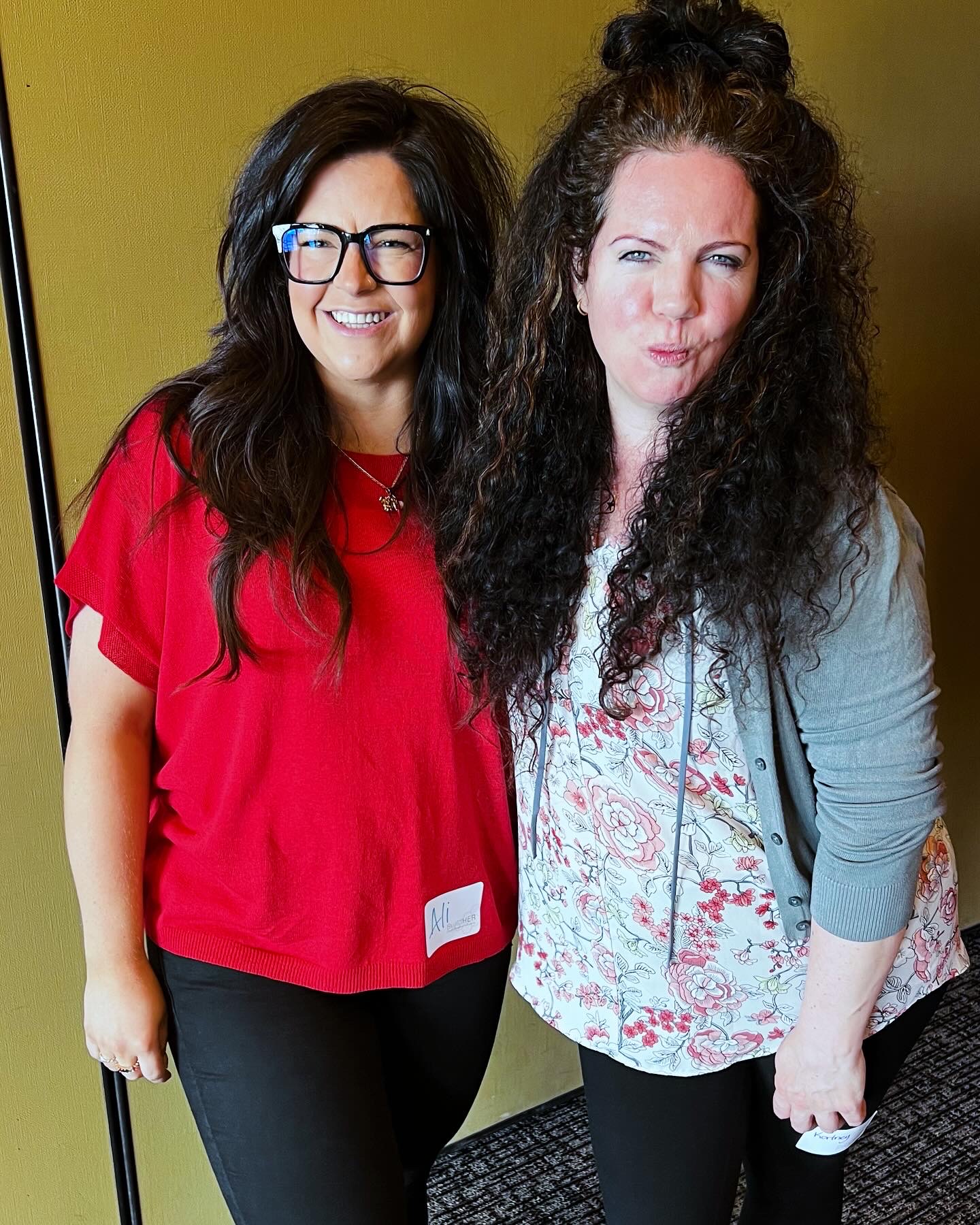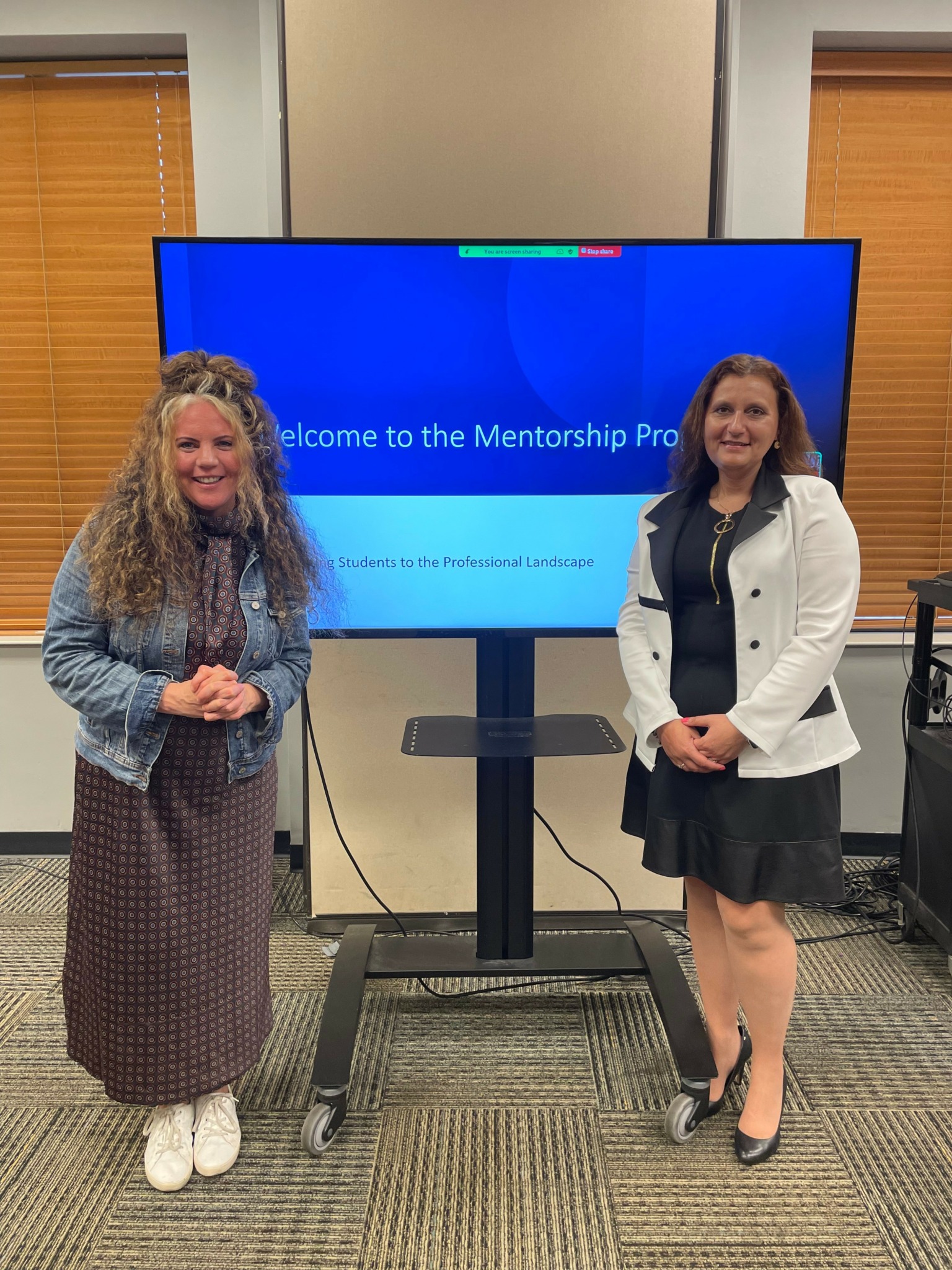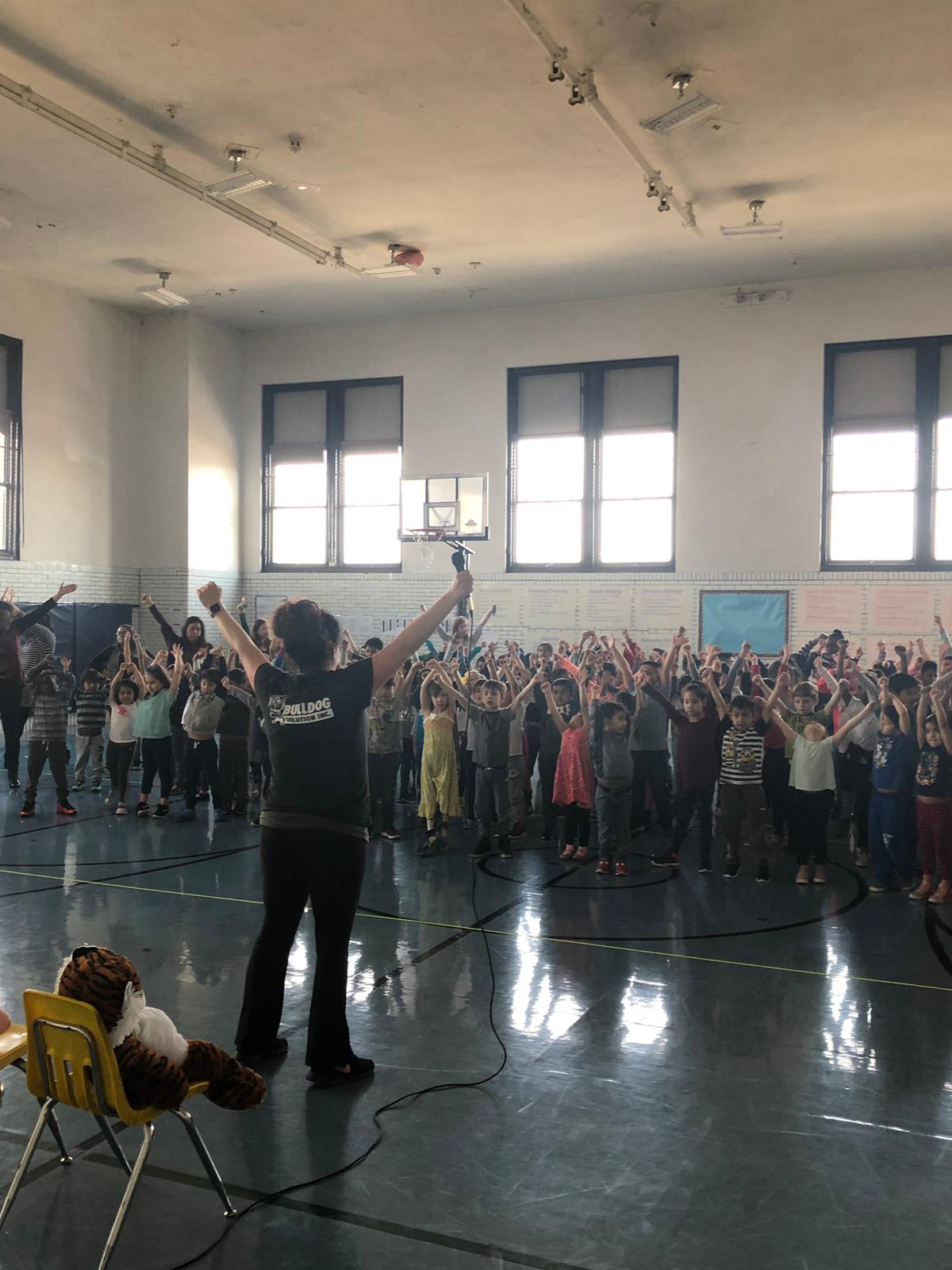We caught up with the brilliant and insightful Kortney Peagram a few weeks ago and have shared our conversation below.
Kortney, appreciate you joining us today. What’s the backstory behind how you came up with the idea for your business?
The idea for my current business stemmed from my biggest failure: closing the doors to my first company, Bulldog Solution Inc. It is the classic story of one door closing and the other one opening. It was 7 months into the pandemic, I could not sustain my business. I had laid off my staff and was coming to terms with losing the company. I had devoted so much time and money to the last decade, but I could not see the light at the end of the tunnel. It was not only due to the pandemic but also a series of unfortunate events that transpired outside of my control. Reflecting on my journey, I also needed to admit to my poor business management and lack of supervision skills.
Let’s back up and learn more about my first company. Bulldog Solution ran assemblies and student group sessions about bullying and social emotions learning (SEL). Our mission was eradicating bullying through social boldness, kindness, and connection. I was passionate about creating content and curriculum, training teachers, working with the students, engaging with the school, and running the programs. The issue was I hated managing daily operations and people. I was not good at keeping my team accountable or managing conflict. I struggled to set boundaries and felt my team was running me. The funny thing is that I taught classes on leadership and executive coaching at a university in Chicago as an adjunct professor in a graduate program. Still, I could do the things that I was teaching. I was the perfect example of “if you can’t do it, teach it.”
So, the lack of follow-through as a manager and the state of the economy put me at a crossroads. It had been 10 years, and I could not scale the business; each time I felt like I finally got it, I would end up back in the weeds. It was the classic tale of a serial entrepreneur. We are the most passionate, visionary, driven starters, but we are never meant to manage the business. We are meant to create and build magic! I was tired of feeling like I was in a hamster wheel, chasing clients for payments and struggling to keep my business afloat. It was as though the Pandemic gave me time to reflect on my career and decide to let it go. It was the hardest decision I ever had to make.
Bulldog Solution was me; it was my entire identity, and I didn’t know what I would be without it. I took the leap, notified all my clients, and closed it. It was such a strange feeling; I felt sad but relieved. I felt lost but also free. As I reflected on my emotions and processed all that transpired, I realized that I was not lost but wandering this new, unknown space.
I had all this knowledge, 10 years of working on social skills, emotional literacy and management, and leadership. I had 3-5 different programs a week. It was a lot of facilitation and training time. I love the training and teaching aspect, and I have extensive experience in management. Even though I didn’t like it, I had managed over 150 employees through the years and 175 clients and organizations. I also started to reflect on my training, education, and passion. I found that I love to teach and coach. I was still teaching these coaching and facilitation classes at the University but was not doing the work in the field.
It hit me. I am teaching graduate students how to do this work, but I am not doing it myself. I had dabbled in corporate as a trained business psychologist but never leaped into consulting or coaching as a business. I was scared of building that aspect because everyone is a consultant or coach. So, I needed to define what I could do and who I was as a professional.
I took my experience and built a solid model of facilitation and coaching that I can teach to professionals. I used my social skills, knowledge, and EQ to build programs and curriculums to help professionals better communicate, relate, influence, and lead. I love my work; I love teaching these skills so people feel empowered and confident and can grow from their processing and reflection.
So now my consulting firm is Kortney Peagram LLC. I am an EQ and social skills coach and consultant. I took all my experience and training and turned it into work that can be translated into the workplace. Timing is everything, and in a season where AI is transforming our work, we need to focus on building our interpersonal and emotional skills to adapt and change. AI is taking the lead and replacing many of the workforce, so we must find our true potential. The only thing that AI can’t do is connect, feel, and imagine. That is where I make the magic happen with my clients.
Kortney, love having you share your insights with us. Before we ask you more questions, maybe you can take a moment to introduce yourself to our readers who might have missed our earlier conversations?
My name is Kortney Peagram; I am a coach, facilitator, consultant, and professor. My craft is focused on developing interpersonal skills as well as emotional intelligence (EQ). I am a trainer at heart, and I facilitate courses on developing these skills to be better at your job. I am skilled at coaching clients on developing their executive presence, EQ, and social skills. I consult with organizations on leadership, corporate culture, and psychological safety. I have an extensive background in anti-bullying, workplace harassment, and sexual harassment. I work as an investigator and trainer in that space. It might seem quite different, but it is all about emotions, power, and creating a safe space to work. This is all emotional work and interpersonal skills development. I also work at Elmhurst University as a business professor. I teach diversity, business management, career readiness, and power and influence classes. It is again right in my line of work. I was lucky enough to take the TEDx stage in 2022 to discuss reducing anxiety by managing emotions. I am skilled at listening, and I love to learn. I started a podcast called The Ordinary Professor and a YouTube channel to teach people about social skills and all things feelings. That is my power. My craft is helping people manage their emotions for better outcomes and more opportunities to shine, grow, and be happy.
What’s been the most effective strategy for growing your clientele?
For me, it has been my reputation and my ability to share knowledge. It is a longer-term strategy, but it is about building relationships with people, turning them into clients, and reconnecting with them so they know what you are doing. It is about leveraging your network and constantly building a network that knows who you are and what you do. I am not meant for everyone, and that was a hard lesson to learn but an essential one.
It starts with figuring out what type of clients you want and ensuring that your brand reflects the clientele you are trying to attract. I remember my website guy telling me I needed to put on a suit and do a serious video because the people he has spoken to think I do fluffy stuff. I said, “Well, I am glad to hear that because I don’t want to work with people who think emotions are fluffy; they don’t want to learn about emotions, and I can’t force them. Those are not my people.” It was an aha moment for me. I am not going to be able to serve everyone, but the people I do serve, I want to make sure that I give them my best. Those are my people. It is about showing up, being consistent, and strategizing how to build your network.
Your reputation is everything, and your network is your investment.
How do you keep your team’s morale high?
It is about getting to know each individual in your team. You need to know their strengths, weaknesses, opportunities, and threats. It is about running a SWOT on your team and learning more about what makes them tick. It is about developing psychological safety so they can turn to you when they are afraid, burned out, or stressed. It is about being clear with expectations and communications. When it comes down to it, to manage your team, you need to invest time in learning more about them.
Turnover is so costly. It is about investing your time into your people so you know who is on your team and their capabilities. Oftentimes, we don’t take the time to get to know our employees because we are so busy. People don’t leave their companies because of money. They leave because of their boss. Poor leadership creates a toxic team. So develop yourself along the way, get a coach, find a mentor, and build your EQ skills to help your team grow. To maintain high morale, you first need to know what motivates your team members; often, they don’t even know what motivates them. So don’t assume; ask them. Knowldge is your superpower.
Contact Info:
- Website: https://kortneypeagram.com/
- Instagram: TheOrdinaryProfessor
- Linkedin: https://www.linkedin.com/in/kortneypeagram/
- Youtube: www.youtube.com/@theordinaryprofessor
- SoundCloud: https://open.spotify.com/show/187s8aaE8vcWTwEXSVNKgr?si=660140a72225429e
- Other: TEDx: https://youtu.be/w-wdyy_Rnvg?si=Yr8e2NvCCksktfw- Workplace Harassment Work: https://peagramconsulting.com/




![]()



Image Credits
The Picture of the TEDx stage credit: Elmhurst University


